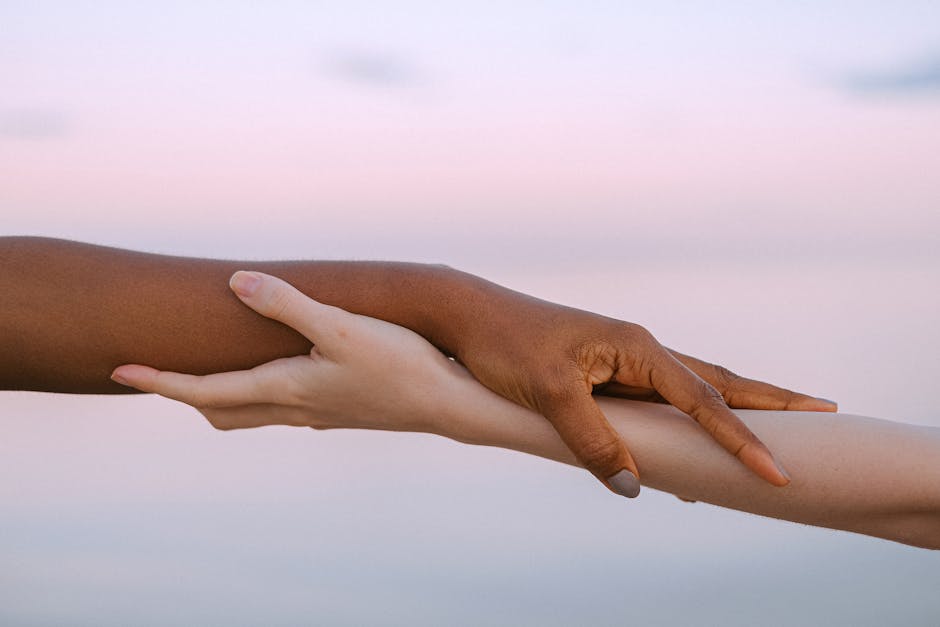
Fostering Mutual Respect: Building Stronger Connections
Building strong and meaningful relationships is crucial for personal growth and social well-being. One key element that contributes to healthy connections is mutual respect. When individuals respect and value each other's opinions, beliefs, and boundaries, it creates a solid foundation for understanding and cooperation.
Fostering mutual respect is essential in various aspects of life, including personal relationships, workplace environments, and community interactions. It helps to establish trust, enhance communication, and promote inclusivity.
The Importance of Mutual Respect in Personal Relationships
In personal relationships, mutual respect forms the basis for trust, emotional support, and shared growth. When partners, friends, or family members treat each other with respect, it creates a safe and nurturing environment where individuals can be their authentic selves.
Respecting each other's boundaries, listening actively, and considering each other's perspectives strengthens the bond between individuals. It fosters empathy and understanding, allowing for healthy conflict resolution and compromise.
Promoting Mutual Respect in the Workplace
The workplace is a space where individuals from diverse backgrounds come together. Fostering mutual respect in this environment is essential to create a positive and productive atmosphere.
Employers can promote mutual respect by implementing inclusive policies and providing opportunities for open dialogue. Encouraging teamwork, recognizing individual achievements, and valuing diverse perspectives contribute to building a respectful work culture.
Employees also play a significant role in fostering mutual respect. Actively listening to colleagues, treating others with dignity, and avoiding discriminatory behavior are crucial for maintaining a respectful workspace.
Fostering Mutual Respect in Communities
Building a harmonious and united community starts with fostering mutual respect among its members. Respecting differences in culture, ethnicity, religion, and beliefs is key to creating an inclusive and accepting community.
Community leaders and organizations can organize events and initiatives that promote dialogue, understanding, and appreciation of diversity. Encouraging participation, supporting marginalized groups, and addressing discriminatory behavior are essential in fostering mutual respect within a community.
Fostering mutual respect not only enhances individual relationships but also contributes to a more empathetic and inclusive society. By recognizing and valuing the importance of mutual respect, we can build stronger connections, create positive environments, and work towards a better future.

